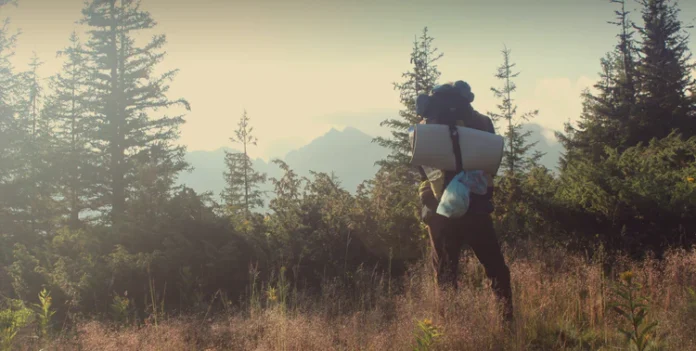Embarking on solo adventures into the wilderness can be a transformative and exhilarating experience. However, it comes with its own set of challenges and considerations. In this comprehensive guide, we will explore essential tips and strategies to empower solo adventurers in conquering the vast and untamed beauty of the great outdoors.
The Solo Adventurer’s Mindset
Before venturing into the wilderness alone, cultivating the right mindset is crucial. Embrace self-reliance, adaptability, and a deep respect for nature. This foundation will serve as your compass in navigating challenges and enjoying the solitude of the wild.
1. Thorough Trip Planning
meticulous planning is the key to a successful solo adventure. Research your chosen destination, understand its terrain, climate, and potential hazards. Develop a detailed itinerary, including daily mileage goals, camping spots, and emergency exit routes.
2. Lightweight and Functional Gear
Choose gear that prioritizes functionality and portability. Opt for lightweight, durable equipment that meets your specific needs. Invest in a reliable backpack, sleeping bag, and shelter to ensure comfort and safety during your solo expedition.
3. Navigation Skills
Equip yourself with strong navigation skills to avoid getting lost in the wilderness. Learn to use a map and compass, and consider bringing a GPS device as a backup. Familiarize yourself with landmarks and natural features that can serve as guideposts on your journey.
4. Emergency Preparedness
Prepare for unforeseen circumstances by carrying a well-stocked first aid kit. Learn basic first aid skills and have a communication device, such as a satellite phone or emergency beacon, to call for help if needed. Share your itinerary with a trusted friend or family member before setting out.
5. Leave No Trace Principles
Practice Leave No Trace principles to minimize your environmental impact. Respect wildlife, pack out all waste, and adhere to designated trails. Leave the wilderness as pristine as you found it, ensuring its preservation for future generations.
6. Physical Fitness
Enhance your physical fitness before embarking on a solo adventure. Wilderness terrain can be challenging, requiring strength and endurance. Regular exercise and conditioning will prepare your body for the demands of the journey.
7. Mental Resilience
Develop mental resilience to navigate the solitude and potential isolation of solo adventures. Embrace the opportunity for self-reflection, mindfulness, and personal growth. Stay positive and focused on the present moment to overcome any mental challenges that may arise.
8. Continuous Learning
Never stop learning and honing your outdoor skills. Attend workshops, participate in survival courses, and stay informed about advancements in outdoor gear and techniques. Knowledge is a powerful asset for any solo adventurer.
By adopting these essential tips and integrating them into your solo adventure preparations, you can embark on a journey of self-discovery and exploration with confidence. Conquering the wilderness alone becomes not just a physical feat but a profound and enriching experience that connects you with the natural world on a deeper level.












